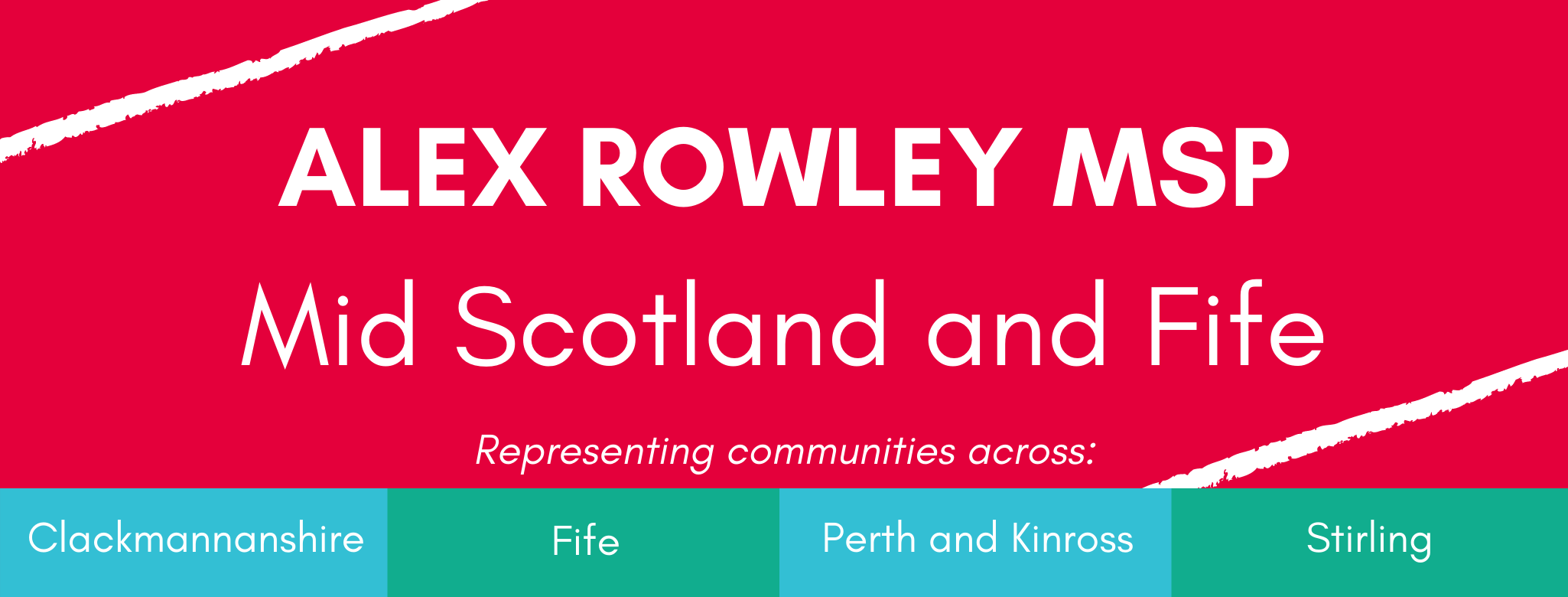The announcement by Harriet Harman on a BBC chat programme that Labour will not oppose the Tory attack on Tax Credits has left Labour members confused and angry. We must unite in our condemnation of her stance which as so many are now saying #notinmyname.
For many, being in work is not a safeguard against poverty. A recent report from the Joseph Rowntree Foundation showed of the 920,000 people living in poverty in Scotland on average in the three years up to 2012/13, 41 per cent were working-age adults or children from working families. The report highlighted the scale of low pay in Scotland – 600,000 were paid below the Living Wage in 2013/14; 250,000 men and 350,000 women. These numbers represent 23 per cent of male employees, 31 per cent of female employees and 27 per cent of employees overall.
In Scotland today underemployment is also a real issue with substantial numbers of Scots who are in work but who would prefer to work more hours than they do. Over 215,000 (216,500) people in Scotland in 2014 were deemed ‘underemployed’, and although the rate slightly decreased from the previous year it still effected 8.6% of the workforce.
And although the Scottish Government hold no official records on the numbers of people employed on zero-hour contracts, it is estimated that there are currently 80,000 workers in Scotland suffering these insecure working conditions.
It is vital that we continue to focus on the issue of in-work poverty, alongside tackling unemployment and the associated poverty. Tax credits – now under threat from a Tory Government committed to ending them – are key to fighting in-work and child poverty.
Tax credits, introduced by Gordon Brown when Chancellor of the Exchequer, played a major part in one of the biggest improvements in poverty alleviation seen in Britain since the war. Child poverty had rocketed between 1979 and 1997. When Labour came into office in 1997, 33 per cent of Scottish children lived in relative poverty, after housing costs. This had fallen to 21 per cent by 2010, which represented a fall of over 30 per cent. After housing costs, relative child poverty in Scotland fell from affecting 360,000 children in 1996-1997 to 210,000 in 2010-11. Since 2010, as recent figures confirm, the gains made in tackling child poverty have stalled and the number of children in poverty has remained at 210,000.
Overall in 2013/14, 18 per cent of people in Scotland were living in relative poverty after housing costs. This equates to almost 1 million Scots (940,000) living in poverty and is at a higher level than in 2010/11.
Today in Scotland, 350,000 people received tax credits, 71 per cent of whom – 250,000 – are in work. So make no mistake, the majority of those who receive tax credits are on low paid work.
When the financial crash came, tax credits were what enabled families to get by, and now they persist at a time when the working poor outnumber, for the first time, those out of work who are living in poverty.
So we must recognise the importance of tax credits in supporting low paid workers and whilst I agree that our ultimate goal must be to end poverty low pay, that will not happen immediately but removing tax credits or elements of the entitlement will hurt children and drive people out of work.



